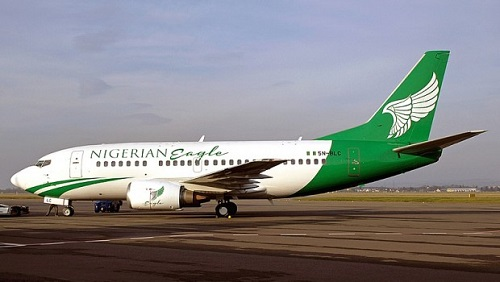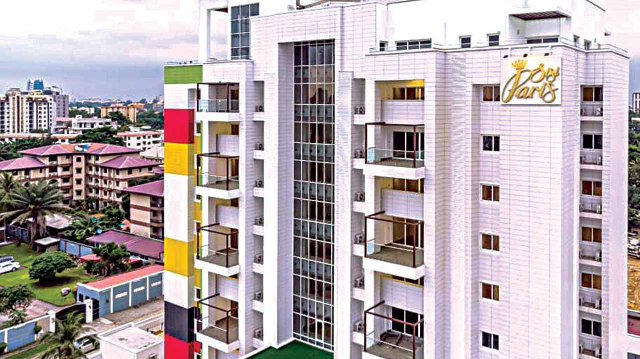FG sets up committee to fast-track process
Operations of the proposed new national carrier, now set for December 24, 2018, has rekindled hope for the aviation industry, especially for over 90 redundant Bilateral and Multilateral Air Service Agreements (BASAs and MASAs).
Stakeholders, who welcomed the takeoff date yesterday, said only a national carrier could effectively represent the country, compete on the international front and put an end to rather dismal outings of flag carriers. Besides, Nigerian air travellers stand to benefit from competitive prices and services on several routes where foreign carriers are currently enjoying monopoly.
Several months of planning and paper works by the Ministry of State for Aviation yielded a major result last weekend as the Federal Government okayed December 24 date for the national carrier roll out.
At the end of a “National Carrier Brainstorming” session chaired by the Minister of State for Aviation, Hadi Sirika, in Abuja, “the aviation minister inaugurated a nine-man fast-track task force to ensure the takeoff date,” a source said.
The Managing Director of Nigerian Airspace Management Agency, Captain Fola Akinkuotu, is to chair the committee. Members are: Director General, Nigerian Civil Aviation Authority, Capt. 12Usman; Rector, Nigerian College of Aviation Technology, Capt. Abdulsalami Mohammed; Commissioner, Accident Investigation Bureau, Akin Olateru; representative of Transaction Adviser for MRO & Aviation Leasing Company, Capt. Tilmann Gabriel; representative of National Carrier Transaction Adviser, Layi Are; the Acting Director General for Infrastructure Concession Regulatory Commission (ICRC), Chidi Izuwah; Technical Assistant to the Minister of State for Aviation, Ben Tukur, will serve as the secretary.
Sirika, after the inauguration of the committee, gave a charge that they should do everything legally and procedurally to make the project a success.He said the government wanted the project fast-tracked and done well with adequate support for the Transaction Advisers that had earlier shown that the carrier could be delivered earlier than December date.
The National Carrier Transaction Adviser is made up of a consortium include: Airline Management Group Ltd, Avia Solutions Ltd and Tianerro FZE.Sirika earlier in the year had said that plans for a new national carrier were already at an advanced stage and its set up will drive several bilateral and multilateral pacts, including the open sky treaty recently signed with 22 African countries.
Figures from the Nigerian Civil Aviation Authority (NCAA) confirm that there are at least 90 of such BASA agreements as at December 2016.Unfavourable BASAs that allow foreign airlines access into the local market is costing the Nigerian economy and her ailing aviation sub-sector billions of naira yearly.The loss, in excess of over N200 billion, follows the perennial inability of the nation’s flag carriers to reciprocate and compete with their international partners on the BASA routes.
Nigeria has three airlines — Arik Air, Med-View and Air Peace —designated on few of the BASA routes. Except for Air Peace that is making waves on the West Coast, others have been woeful in international operations.
Currently, Arik Air has abandoned its New York, London, Johannesburg and West Coast operations. Ditto for Med-View Airlines on the London, West Coast and Dubai operations, that was only launched last December.
President of the National Association of Nigerian Travel Agencies (NANTA), Bernard Bankole, said the problem of capacity and inability of the flag carriers (Arik and Med-View) to compete, were reminder that having a national carrier is a must for any serious aviation country.
While Bankole was elated at the prospect of having one in operation before the end of 2018, he emphasized that national carrier is a global norm in effective BASA pacts and national pride. Bankole, who represents the downstream sector of the aviation sector, noted that almost all foreign carriers coming into Nigeria are national carriers, owned by governments but managed by private hands.
Secretary General of the Aviation Safety Round-table Initiative (ASRTI), a think-tank group of the industry, Group Capt. John Ojikutu (rtd), believed that a national or flag carriers owned by Nigerians and not controlled by government will end the travails of the private airlines on the international routes and reduce the incursions of foreign airlines into the domestic routes.












